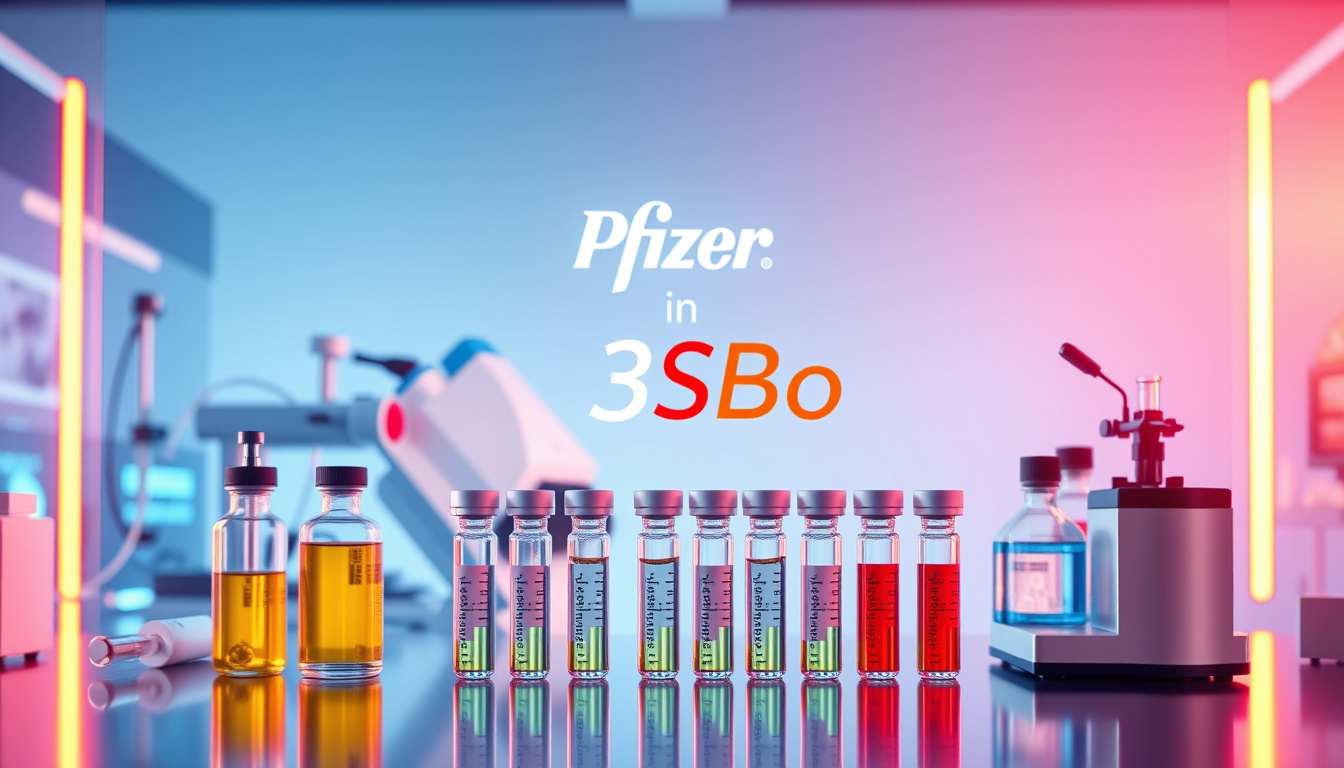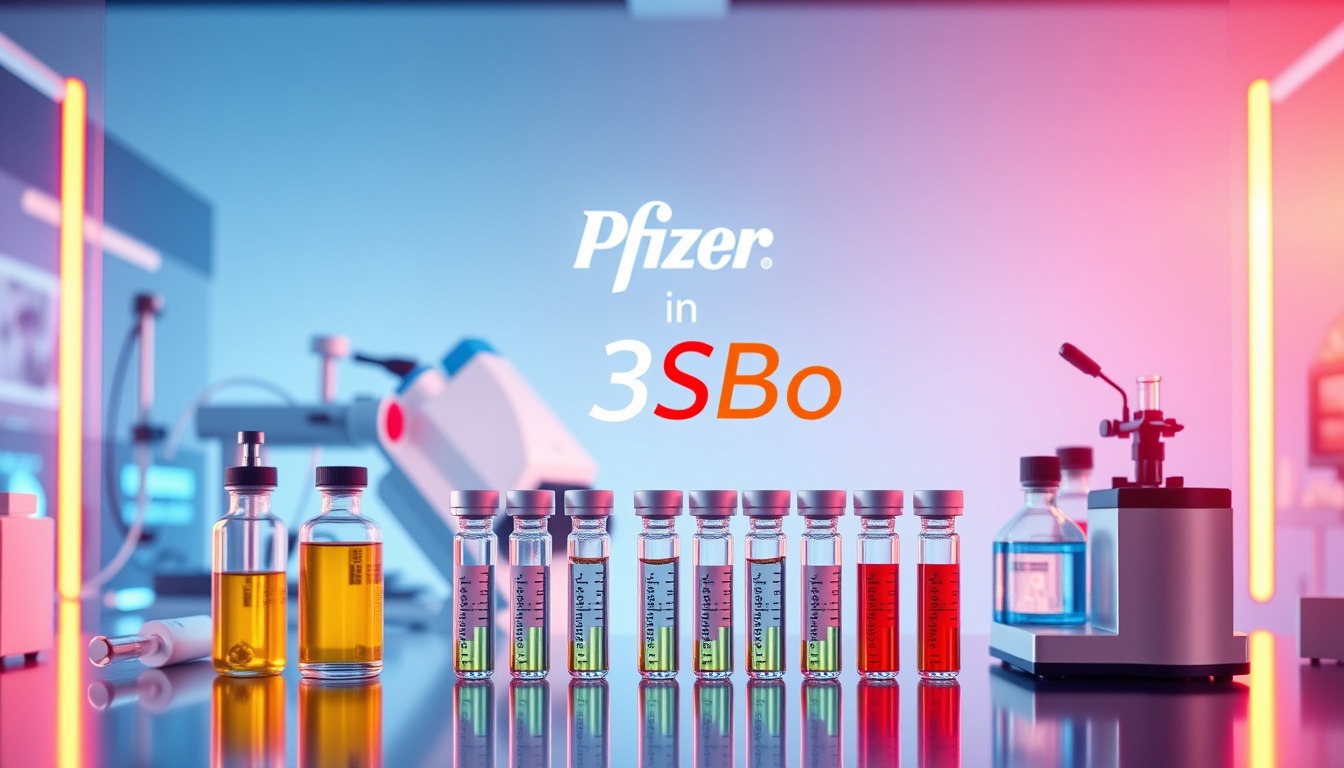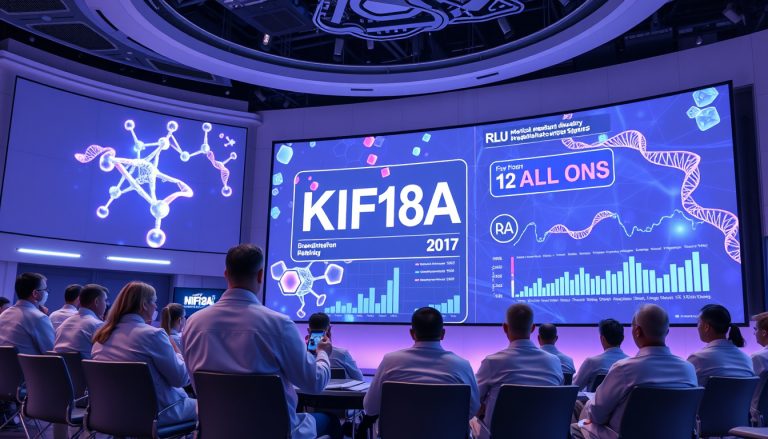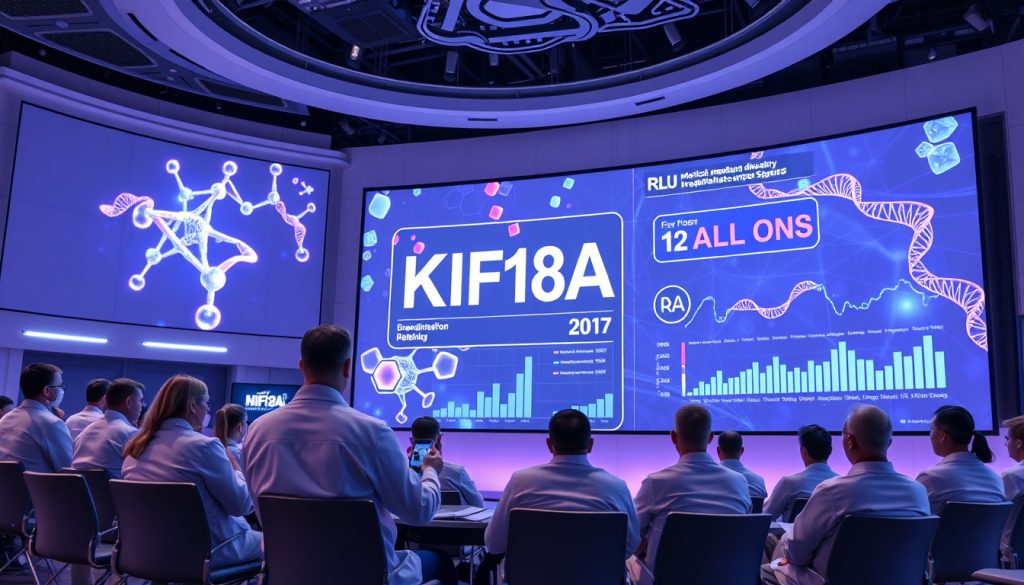In a strategic move that underscores its commitment to advancing cancer treatment, Pfizer has announced a groundbreaking partnership with 3SBio, a prominent biotech firm based in China.
This collaboration, which involves a substantial upfront investment of $
1.25 billion, aims to revolutionize the field of bispecific antibody therapy.
Specifically, the agreement focuses on the development of a PD-1xVEGF bispecific platform designed to enhance the efficacy of cancer treatments by utilizing two synergistic mechanisms.
As the biopharma industry continues to evolve, this partnership not only highlights Pfizer’s ambitious plans to expand its product pipeline but also reflects a broader trend among pharmaceutical companies to engage with innovative therapies emerging from global markets.
This article will explore the implications of the Pfizer and 3SBio partnership, the potential impact on cancer treatment, and what this development signifies for the biopharmaceutical industry as a whole.

Key Takeaways
- Pfizer’s $1.25 billion partnership with 3SBio aims to advance bispecific antibody therapies for cancer treatment.
- The collaboration focuses on the innovative PD-1xVEGF platform to enhance treatment efficacy against cancer.
- This move reflects a broader trend of pharmaceutical companies investing in Chinese biotech to access cutting-edge therapies.
Overview of the Pfizer and 3SBio Partnership
In a strategic move to solidify its presence in the competitive landscape of bispecific antibody therapies, Pfizer has announced a groundbreaking partnership with the Chinese biotechnology firm 3SBio.
This collaboration centers around the PD-1xVEGF bispecific platform, which aims to synergistically combine two powerful mechanisms to enhance the efficacy of cancer treatments.
With an impressive upfront investment of $1.25 billion, Pfizer is demonstrating its serious commitment to expanding its portfolio in this innovative therapeutic area.
This partnership is not just a financial transaction; it reflects a broader trend within the biopharma industry where major pharmaceutical companies seek to tap into the burgeoning innovation pipeline emerging from China.
By aligning with 3SBio, Pfizer strategically positions itself to navigate and compete in the rapidly evolving market of bispecific therapies, which are becoming increasingly vital in the fight against cancer.
As more organizations recognize the potential of bispecific antibodies, this collaboration could pave the way for new advancements that benefit patients globally.
Implications for Cancer Treatment and the Pharmaceutical Industry
The collaboration between Pfizer and 3SBio may have far-reaching implications for cancer treatment paradigms and the wider pharmaceutical industry.
Bispecific antibodies, such as the PD-1xVEGF platform, have the potential to revolutionize therapeutic approaches by simultaneously targeting multiple pathways involved in tumor progression.
This dual-targeting mechanism not only increases the specificity of treatment but may also help overcome resistance to traditional therapies, offering hope to patients with complex cancers.
Furthermore, Pfizer’s proactive engagement with Chinese biotechs like 3SBio reflects a strategic shift towards globalization in drug development.
As the biopharma sector continues to evolve, established companies are increasingly looking to emerging markets to harness local expertise and accelerate innovation.
This partnership not only enhances Pfizer’s competitive edge but also underscores the importance of collaboration in addressing the pressing challenges in oncology, ultimately contributing to improved patient outcomes.















